Circular-Economy – FRX Polymers 21-05-2022 - Arhive
Circular-Economy – FRX Polymers
-PureCycle says its process geared to save energy
Plastic chemical recycling firm issues ESG report saying its polypropylene production also produces low carbon emissions.
PureCycle Technologies Inc., Orlando, Florida, has released an environment, social and governance (ESG) report that includes life cycle assessment (LCA) data it says shows the company’s purification process for recycling polypropylene (No. 5 plastic) scrap “uses less energy and has lower carbon emissions than new plastic production.”
PureCycle says its 2021 ESG report “spotlights PureCycle’s effort to scale and optimize its unique No. 5 plastic recycling [process], harness the latest manufacturing technology systems and leverage top-tier talent to fulfill the company’s mission of transforming plastic [scrap] into a continuously renewable resource.”
The company says highlights of its report include that, based on the design of PureCycle’s Ironton, Ohio, facility, carbon emissions from creating recycled-content polypropylene (PP) are expected to be 35 percent lower compared with producing new PP. Circular-Economy – FRX Polymers
As well, the company says, the PureCycle process is expected to use 79 percent less energy than new PP production. PureCycle also says it “is positioning itself to connect brands with high-quality, sustainable plastic to deliver on their promises to reduce new plastic production and to answer consumer demands for real sustainability.”
Mike Otworth, chair and CEO of PureCycle, says, “As a plastic recycling technology company aiming to reduce plastic waste, partnering with leading brands to help them create sustainable consumer products, and transforming the industry, it’s essential we also do our part to minimize our environmental impact and conserve resources.
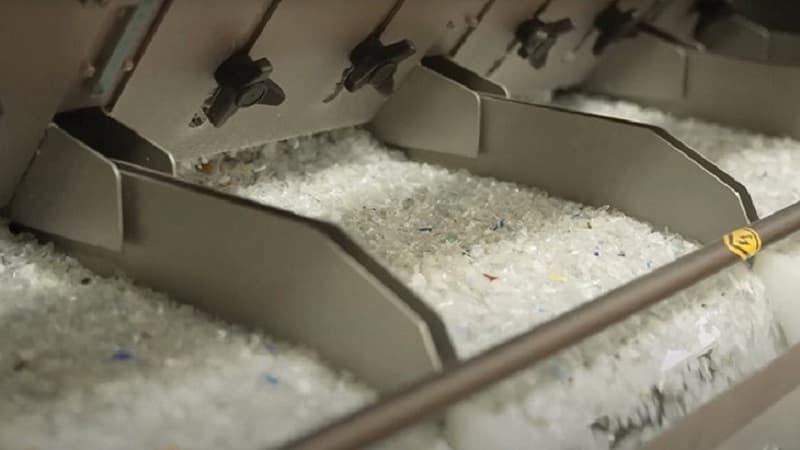
-What does the European Commission Circular Economy Action Plan mean for the packaging sector?
In a stark warning to the packaging industry, experts are predicting that the EU’s new Circular Economy Action Plan could lead to unprecedented disruption in the sector. Paul Foulkes-Arellano, founder of Circuthon Consulting, tells us more – and discusses how businesses can get ahead of the curve.
Published on 30th March 2022, when many of us in Europe had bigger issues on our minds, The Circular Economy Action Plan (CEAP) 2.0 is a cornerstone of the European Green Deal. Circular-Economy – FRX Polymers
It is “designed to strengthen the economy, protect the environment and eliminate waste. It recognizes the importance of permanent materials, as well as the need to increase high-quality recycling and move away from landfilling waste. Above all else, The Green Deal aims to enhance circularity in all industrial value chains.
Whilst the specifics for the plastics and packaging sector are no doubt the main points of industry discussion and will affect brand and pack suppliers directly, the overarching philosophy and success metrics regarding manufacture overall are vitally important for us all to understand.
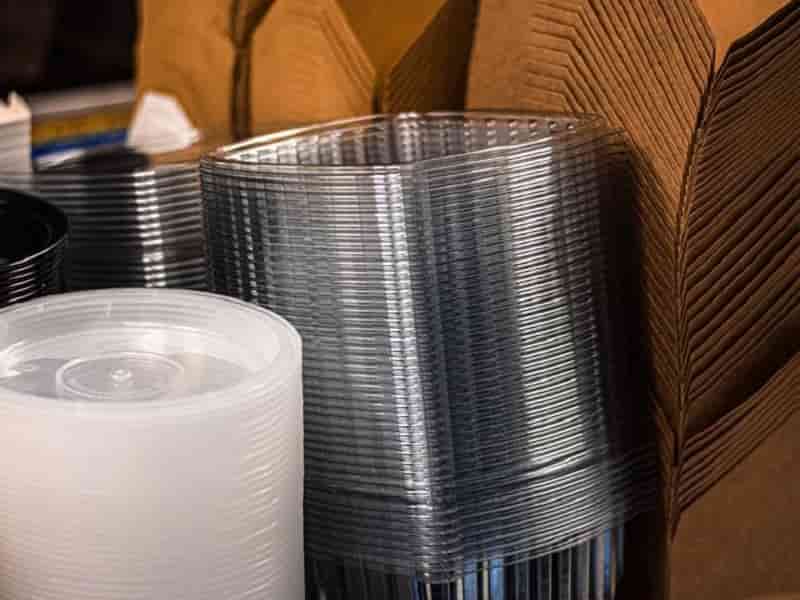
-A New Enzyme Found in Compost Just Set a Speed Record For Breaking Down Plastic
A plastic container thrown into landfill can take hundreds of years to break down naturally, but a newly discovered enzyme could eat up the waste in less than a day.
The highly efficient polyester hydrolase, known as PHL7, was recently found in a German cemetery munching through compost.
In the lab, researchers found it was able to decompose polyethylene terephthalate (PET) by 90 percent within 16 hours. Circular-Economy – FRX Polymers
PHL7 isn’t the first natural ‘plastic eater’ discovered by scientists, but it is the fastest.
In 2016, a PET-guzzling enzyme, called LLC, was found at a recycling plant in Japan. In the years since, it’s been heralded as a gold-standard plastic chomper. But the newly found PHL7 is two times faster at the job.
Since 2016, the LLC enzyme has been tweaked by scientists to create an even more voracious mutant than is natural, yet even this synthetic creation has a thing or two to learn from PHL7.
“The enzyme discovered in Leipzig can make an important contribution to establishing alternative energy-saving plastic recycling processes,” says microbiologist Wolfgang Zimmermann from Leipzig University in Germany.
“The biocatalyst now developed in Leipzig has been shown to be highly effective in the rapid decomposition of used PET food packaging and is suitable for use in an environmentally friendly recycling process in which new plastic can be produced from the decomposition products.”
Unfortunately, neither PHL7 nor LCC can fully degrade PET plastics with higher crystallinity (more organized molecular structure), such as the ones used in some bottles. Circular-Economy – FRX Polymers
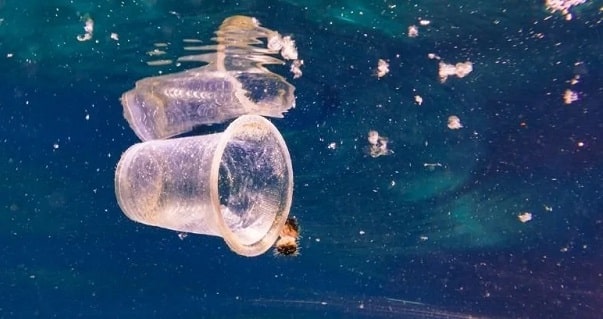
-FRX Polymers’ Nofia Named ‘SAFER’ Flame Retardant by ChemForward
FRX Polymers successfully completed a rigorous third-party assessment and verification process that takes into account human and environmental safety.
ChemForward, a Washington, DC–based nonprofit that provides broad access and transparency to chemical hazard data, has named FRX Polymers’ Nofia a Verified SAFER Flame Retardant Solution. FRX Polymers earned ChemForward’s SAFER designation for its Nofia-branded flame-retardant product by successfully completing a rigorous third-party assessment and verification process that considers both human and environmental safety, said FRX in the announcement.
The designation further strengthens FRX Polymers’ position as the globally recognized leader in environmentally sustainable polymeric, non-halogenated flame retardants for a range of consumer and industrial products and applications, including electronics, said Marc Lebel, President and CEO of FRX Polymers. “It also answers the question, ‘What will be the alternative if I instruct suppliers not to use a certain flame retardant, or a class of flame retardants?’ Circular-Economy – FRX Polymers
“The SAFER designation provides a simple, transparent answer to this question, based on hazard information produced by methodologies recognized by regulatory bodies around the world,” explained Lebel. “This is the surest way to avoid the risk of regrettable substitution.”
Toxicology experts working with the SAFER program assess a supplier’s trade name ingredient against human and environmental impacts. To be designated as SAFER, all chemicals present at or above 100 ppm have been disclosed and assessed by a qualified toxicology firm against ChemForward’s hazard methodology. All chemicals subject to disclosure are well characterized and do not present high hazards, said FRX.
ChemForward is an independent project of the Healthy Building Network, a 501c3 based in Washington, DC. The project began as an internal initiative of the C2C Products Innovation Institute to lower cost and bolster quality assurance for material health assessments in the certification program, writes the nonprofit on its website. In 2017, it initiated a user-centered design process to solve this business requirement for the institute.
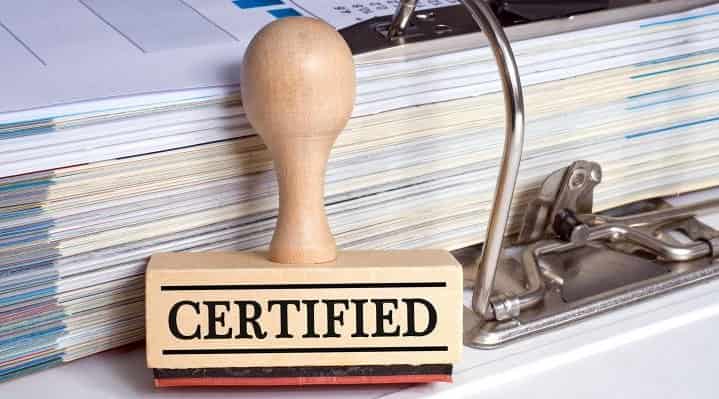
-Strategic partnership between Worley and Avantium progresses
Worley has announced that its strategic partnership with Avantium Renewable Polymers is now progressing to the next phase. Worley previously announced the partnership on 29 January 2021, said Hydrocarbonengineering.
Following the recent positive final investment decision (FID), Worley and Avantium have signed a technology cooperation agreement and Worley will now deliver engineering, procurement and construction (EPC) services to develop the Avantium flagship facility in Delfzijl, the Netherlands. Circular-Economy – FRX Polymers
The facility will be a world-first commercial scale renewable plastics facility producing up to 5000 kilo tpy plant-based furandicarboxylic acid (FDCA). FDCA is a key building block for many chemicals and plastics, such as polyethylene furanoate (PEF), a fully recyclable plastic. This facility will be the commercial proof for future larger scale projects.
Worley’s EPC services will be executed by the company’s offices in the Netherlands and Belgium, with support from Worley’s Global Integrated Delivery (GID) team in India.
“We are excited to strengthen our strategic partnership with Avantium, a leader in advancing the circular economy. This partnership supports Worley’s Ambition focusing on sustainability and delivering a more sustainable world,” said Chris Ashton, Chief Executive Officer of Worley.
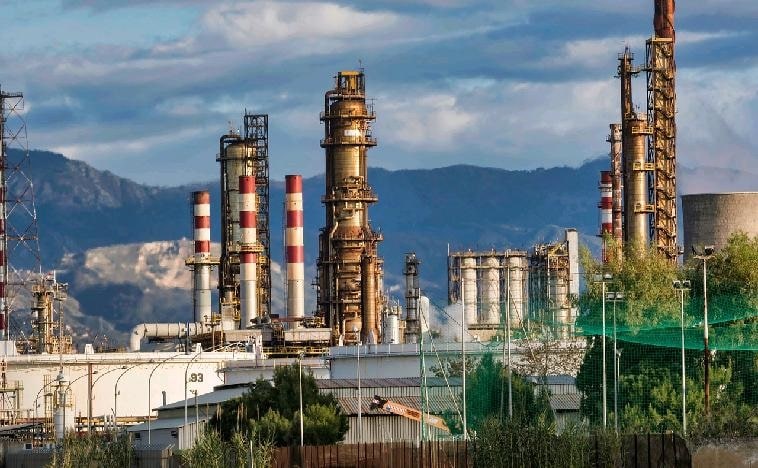
-Trützschler sets ambitious targets for climate neutrality
Nonwovens technology manufacturer Trützschler has outlined a range of ambitious targets for improving its overall environmental performance and achieving climate neutrality.
Based in Mönchengladbach, Germany, Trützschler has been operating for more than 130 years and is divided into four business units: Spinning, Nonwovens, Man-Made Fibers, and Card Clothing. The company’s machines, installations and accessories are produced and developed in ten locations worldwide, which includes four factories in Germany (Dülmen, Egelsbach, Mönchengladbach, Neubulach), as well as sites in China (Jiaxing and Shanghai), India (Ahmedabad), the USA (Charlotte), Brazil (Curitiba) and Switzerland (Winterthur). Circular-Economy – FRX Polymers
Supplying resource-efficient technologies for customers worldwide, Trützschler says that as a family-owned company, it has always placed a strong focus on ensuring sustainability for future generations. “Today, that focus is sharper than ever – because our planet’s precious climate is changing,” the company says, adding that it is taking decisive action to further minimize its environmental impact and maximize its contribution to sustainability with a focus on three specific targets for cutting emissions.
The three specific targets are: a reduction of CO2 emissions by 50% at its headquarters in Mönchengladbach, Germany, by 2025; Climate-neutrality at all Trützschler locations in Germany by 2030; and Climate-neutrality at all Trützschler locations worldwide by 2035. Climate neutrality refers to decreasing greenhouse gas emissions while also offsetting any remaining emissions by supporting activities that remove CO2 from the atmosphere. Trützschler is targeting Scope 1 emissions (e.g. direct emissions from burning fossil fuels) and Scope 2 emissions (e.g. indirect emissions from purchased electricity), as well as selected Scope 3 emissions (e.g. from business-related travel).
By pursuing these ambitious targets, the company says it will transform its business. With the plan already in action, global teams are now stepping up efforts to accelerate innovative energy management approaches including a shift to renewable power and more sustainable logistics processes.
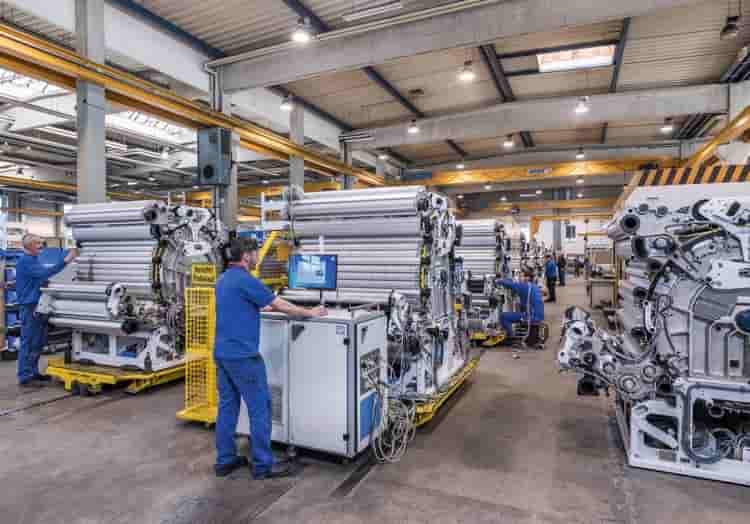
Circular-Economy – FRX Polymers
